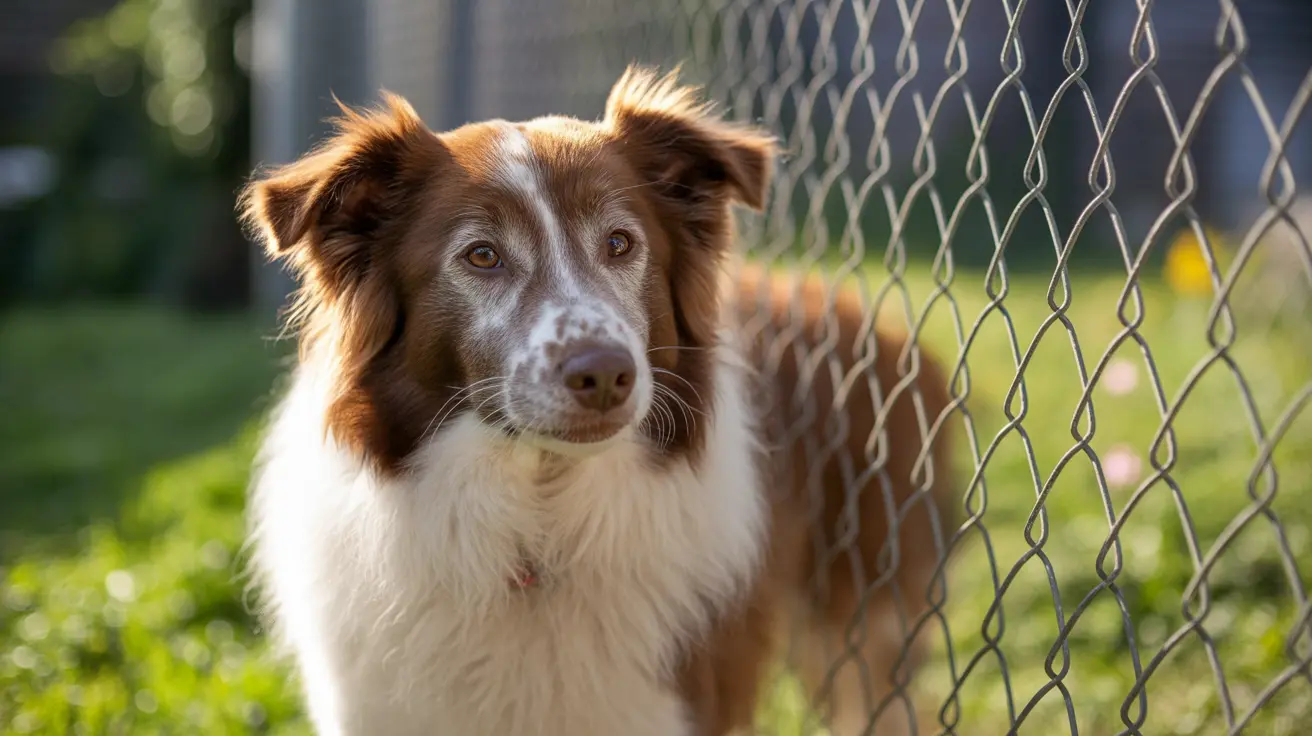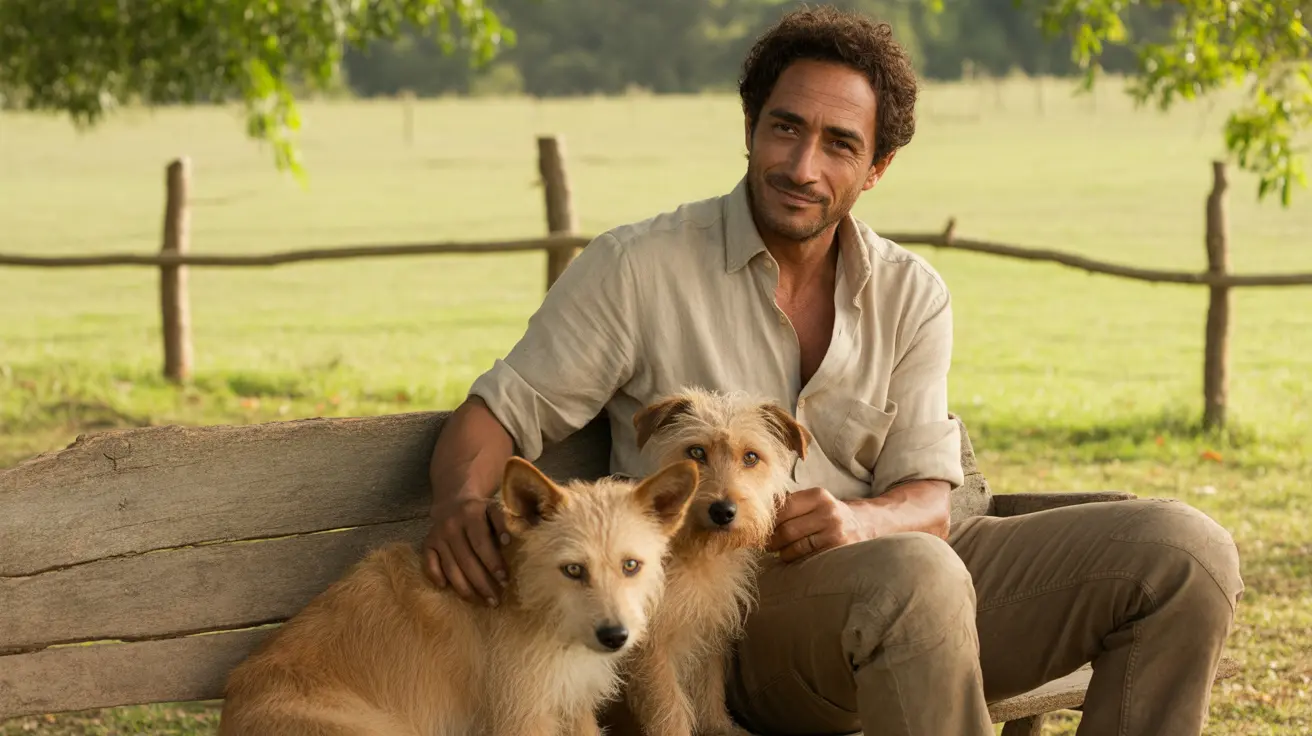Understanding the Side Effects and Health Concerns of Chow Chows
The Chow Chow is a unique, lion-like breed known for its aloof demeanor and thick double coat. While beloved for their dignified nature, it's essential for potential owners to understand the possible side effects or health issues this breed may experience. Proper awareness allows for better care, early detection of problems, and improved quality of life.
1. Hip Dysplasia
This is a common orthopedic problem among many dog breeds, including the Chow Chow.
- Cause: Abnormal development of the hip joint.
- Symptoms: Limping, reluctance to rise, reduced activity.
- Management: Weight control, physical therapy, pain relief medications, or surgery in severe cases.
2. Entropion
One of the most frequent eye disorders in Chow Chows.
- Cause: Genetic eye lid condition where eyelids roll inward.
- Symptoms: Eye redness, squinting, excessive tearing.
- Treatment: Surgical correction is often necessary.
3. Elbow Dysplasia
This inherited condition affects elbow joint formation and may lead to chronic pain.
- Impact: Can significantly affect mobility and comfort.
- Management: Anti-inflammatory medications, supplements, or surgical intervention.
4. Skin Issues and Hot Spots
The thick fur and dense undercoat can trap moisture and bacteria.
- Common Problems: Dermatitis, hot spots, fungal infections.
- Prevention: Regular grooming and bathing, keeping skin dry.
5. Thyroid Problems
Chow Chows can suffer from hypothyroidism, leading to various symptoms.
- Symptoms: Hair loss, weight gain, lethargy.
- Treatment: Daily thyroid hormone replacement.
6. Gastric Torsion (Bloat)
Though less common, this life-threatening condition can occur.
- Signs: Distended abdomen, restlessness, drooling, vomiting attempts.
- Action: Emergency veterinary care required immediately.
7. Temperament-Related Challenges
Though not a medical side effect, Chow Chows are known for specific personality traits that may present challenges.
- Behavior: Aloofness, stubbornness, territorial instincts.
- Need: Early training, socialization, consistent leadership.
8. Heat Sensitivity
Their thick coat makes them susceptible to overheating.
- Risk: Heat exhaustion or heat stroke in hot climates.
- Care: Keep them cool, avoid excessive exercise in heat.
Preventive Measures and Health Screening
To mitigate potential health risks, responsible ownership involves:
- Regular vet check-ups – for early detection of conditions.
- DNA testing – especially from reputable breeders.
- Balanced diet and exercise – to maintain joint and cardiovascular health.
- Proper grooming – keep skin healthy and avoid infections.
Conclusion
While Chow Chows are majestic and loyal companions, they come with specific health considerations. Understanding their predispositions helps in providing a nurturing, well-informed, and pro-active ownership experience. From orthopedic concerns to dermatological issues, knowing these side effects equips you to offer your Chow Chow a long, comfortable, and joyful life.





